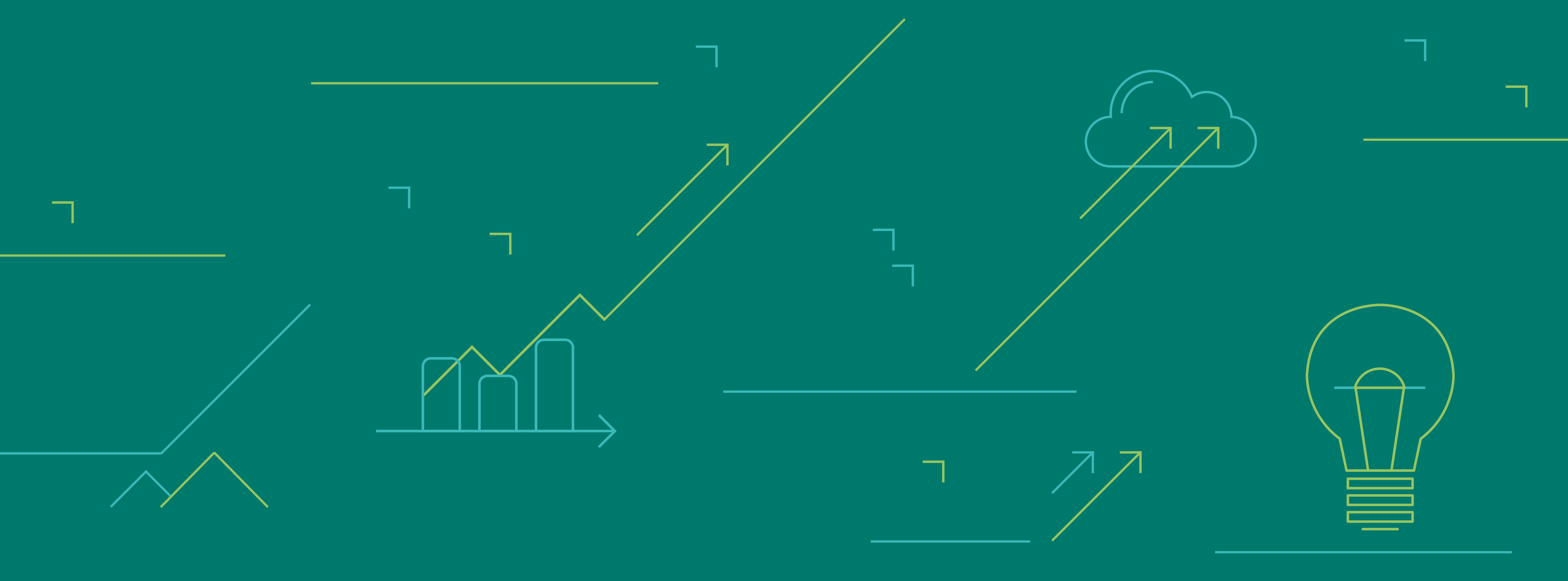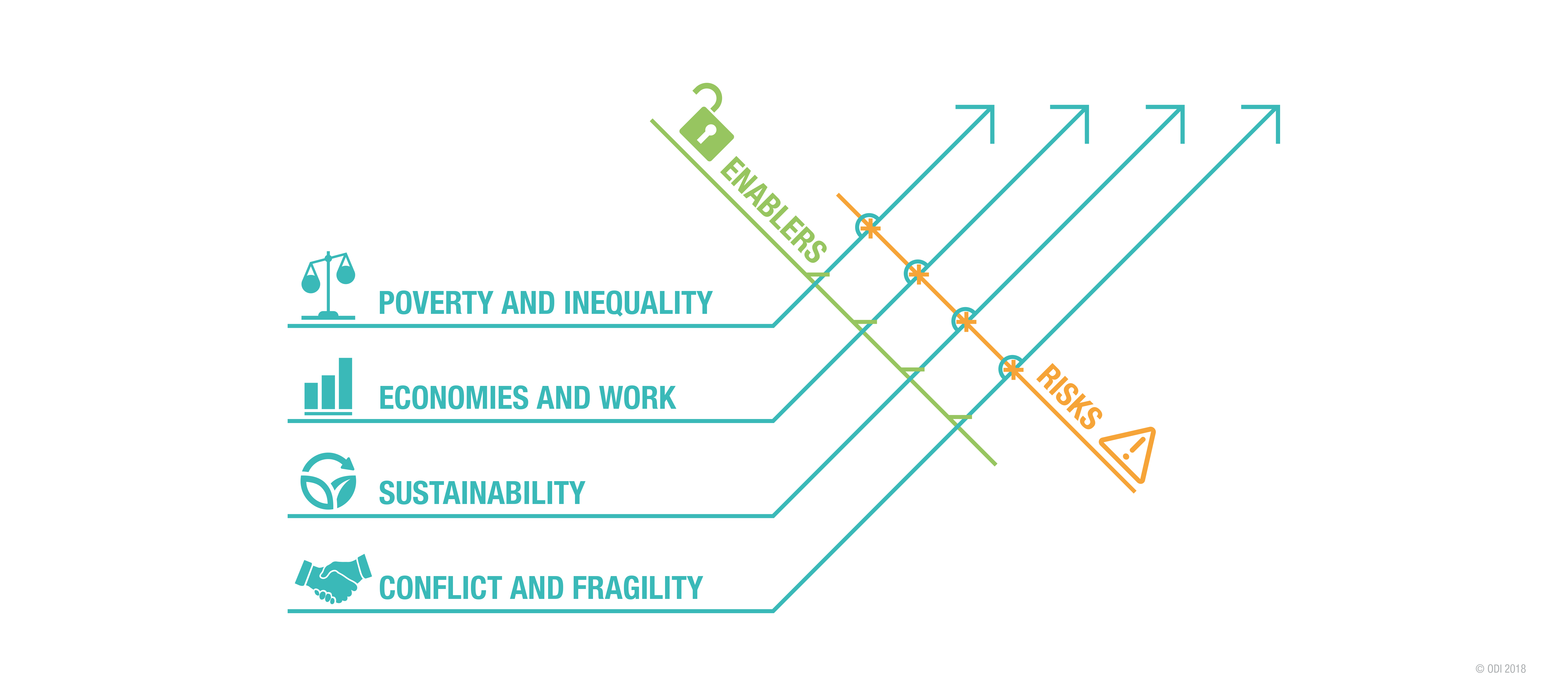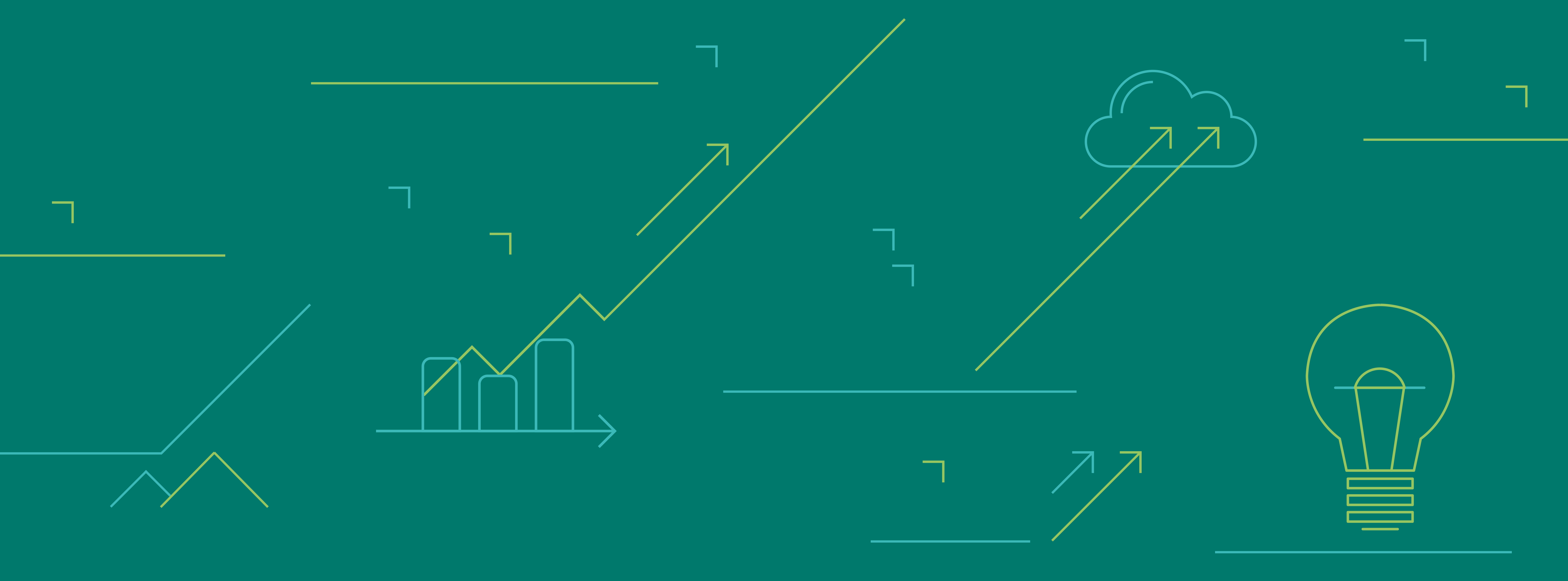Our work addresses four key global challenges, and explores the tools and approaches needed to enable progress and address risks. Our multidisciplinary approach combines research, advisory work, convening and communications.
Ending extreme poverty and reducing inequality
Progress in eliminating extreme poverty and reducing inequality is too slow if we hope to achieve the global commitments in the Sustainable Development Goals (SDGs). In some places, trends are going in the wrong direction. Our work has been at the forefront of understanding poverty, inequality and exclusion, identifying barriers to addressing these issues, and influencing research and policy agendas to accelerate progress. We are continuing to dig beneath data averages to uncover where inequalities are deepest, and to lead on defining and embedding ‘no one left behind’, with a focus on women and girls, disabled people and others experiencing persistent discrimination and displacement
Ending poverty and inequality: the impact we seek
We will put the global commitment to end extreme poverty and address corrosive inequality at the top of international, national and subnational agendas.
We will proactively influence policy and investment choices to prioritise the poorest and most marginalised people first, and will track and analyse the progress being made.
We will bring together partners and data to galvanise action and accountability.
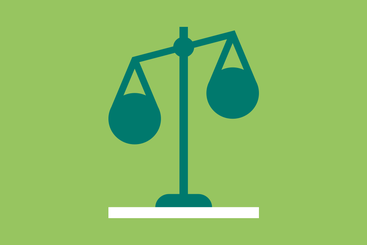
Transforming economies and the future of work
Current patterns of economic growth in high- and lowincome countries are neither sufficiently sustainable and inclusive nor producing enough high-quality work – especially for women and young people. There is too little economic activity in fragile and conflict-affected states. These trends exacerbate disaffection, conflict and inequality, and limit resilience to economic shocks. Our analysis and policy advice inform and shape the debates, policies and institutions helping to transform economies and create more – and better quality – work for all. We work to understand trends and overcome constraints in political economy; the use of new technology; and gender, demographics and other dimensions of poverty and inequality. We will assess the impact of globalisation and the potential for innovation by operating between global trends and country-level policies and outcomes.
Transforming economies and work: the impact we seek
We will increase support to enable lower income and fragile countries to make decisions and attract investments that create inclusive and sustainable economic transformation and job creation.
We will work closely with global institutions to impact rule-making and policy-making and create incentives for positive change.
We will assess the dynamic impacts of demographics, migration, globalisation and technology on economies and societies.
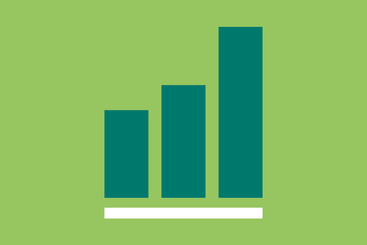
Ensuring sustainable water, land, food and energy
As consumption of food, water, energy and other natural resources rise, the world is not on track to effectively mitigate and adapt to climate change or manage its finite resources sustainably. And those who are socially, economically, culturally or politically marginalised are affected first – and worst. ODI looks at the pressure points between poverty eradication and sustainable resource management and governance, examining data and technology, incentives and financing, and institutional innovation. We support governments, communities and industries to answer difficult questions, to ensure sustainable transitions in energy, land, agriculture, and water (and the connections between them) and address key challenges of poverty eradication, climate action and natural resource management.
Ensuring sustainability: the impact we seek
We will bring together the development, humanitarian and climate communities to integrate sustainability approaches, and highlight the links between climate change and the lives of the poorest people.
We will support governments, international organisations and the private sector to make decisions based on an enhanced understanding of future climate and resource trends and how to effectively manage and mitigate emerging risks.
We will facilitate transitions in energy, water, food systems and land, and a shift to more sustainable and efficient production and consumption
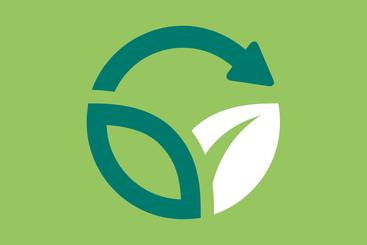
Preventing conflict and violence and addressing fragility
As the duration and consequences of conflicts and violence increase and the international system falters, a just and lasting peace remains elusive for far too many. Our work seeks to understand and disrupt the drivers of conflict that kill, injure and displace millions every year. Engaging with our wide global network, we support a multitude of actors to develop coherent and comprehensive efforts to prevent and mitigate the impacts of crisis and fragility, and support states and their citizens to achieve long-term peace and stability.
Preventing conflict and violence: the impact we seek
We will identify and encourage operational and behavioural changes in the way that international actors understand conflict, and prevent and respond to crisis. This includes more devolved humanitarian action, where local response is genuinely valued, supported and enabled.
We will develop new approaches to de-risk investments that support inclusive growth in fragile and conflict-affected countries.
We will deepen understanding of the drivers of armed conflict and violence, including violent extremism, and will develop ideas and evidence to incentivise investments in prevention.

